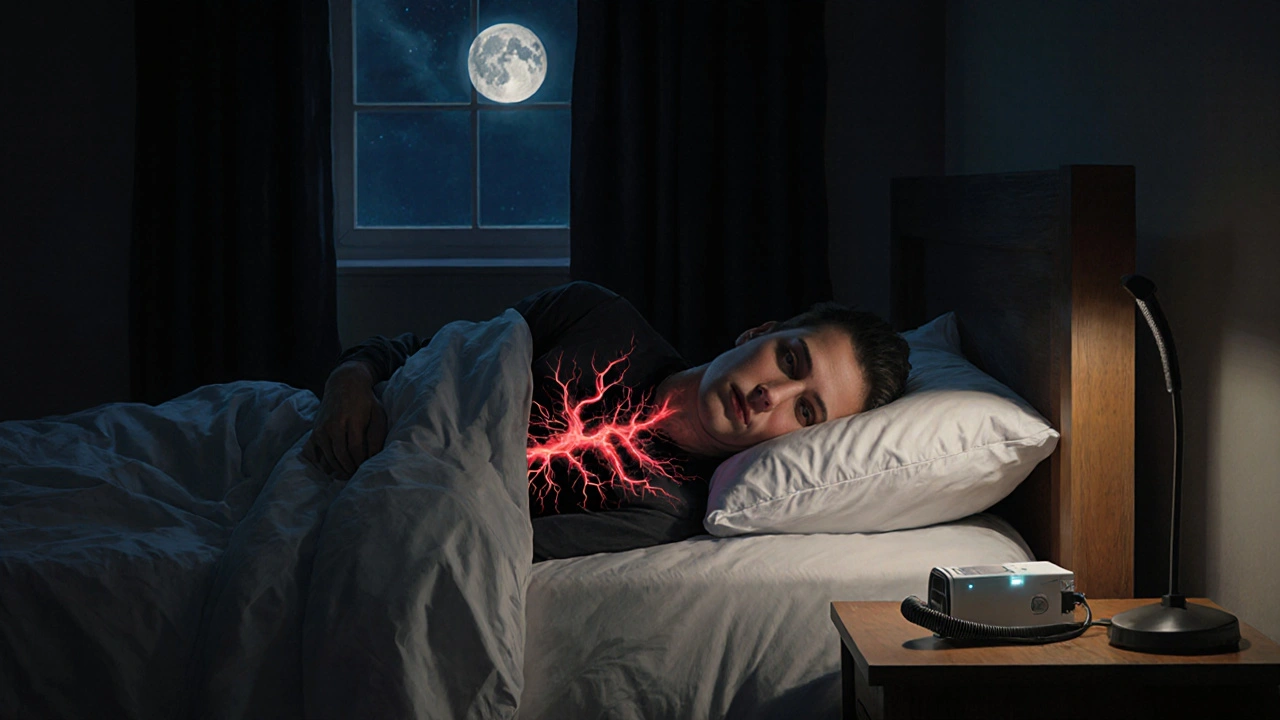High Blood Pressure: What It Is, How It Affects You, and What You Can Do
When your blood pushes too hard against your artery walls, you have high blood pressure, a chronic condition where the force of blood against artery walls is consistently too high, increasing risk of heart attack, stroke, and kidney damage. Also known as hypertension, it affects nearly half of adults in North America—and most don’t even know it. This isn’t just a number on a screen. It’s your body screaming for attention, quietly wearing down your heart, kidneys, and brain over years.
What makes high blood pressure tricky is how quiet it is. You won’t feel dizzy, your head won’t pound, and you might not notice anything until something serious happens. That’s why checking it regularly matters more than waiting for symptoms. It’s not caused by stress alone, though stress can make it worse. It’s often tied to diet, inactivity, weight, genetics, or even some medications. And while it can’t always be cured, it can almost always be managed—through lifestyle changes, proven supplements, or the right medication.
Many people turn to blood pressure medication, prescription drugs designed to lower arterial pressure by relaxing blood vessels, reducing fluid volume, or slowing heart rate because it’s fast and effective. But not all meds work the same. Some cause fatigue, others make you cough, and a few can mess with your kidneys or electrolytes. Knowing which one fits your body—and your life—is key. And if you’re already on meds, switching to generics? That’s common. But you need to know what to watch for when your prescription changes.
Then there’s the bigger picture: cardiovascular health, the overall condition of your heart and blood vessels, including circulation, artery flexibility, and heart rhythm. High blood pressure doesn’t live alone. It’s often paired with high cholesterol, diabetes, or obesity. Fixing one often helps the others. Eating less salt, walking daily, cutting back on alcohol, and managing sleep aren’t just "good ideas"—they’re science-backed moves that lower your numbers faster than most pills alone.
And if you’re wondering whether supplements like magnesium, potassium, or omega-3s help? Some do. But not all are created equal. What works for one person might do nothing for another. That’s why real results come from combining what you know about your body with what the data says.
Below, you’ll find real guides from people who’ve been there: how to spot when a generic isn’t working right, what side effects to track, how to talk to your doctor about alternatives, and what lifestyle tweaks actually move the needle. No fluff. No hype. Just clear, practical info to help you take back control—before high blood pressure takes something you can’t get back.

Metabolic Syndrome Explained: Abdominal Obesity, High Blood Pressure, and Bad Cholesterol
Metabolic syndrome is a cluster of conditions-abdominal obesity, high blood pressure, and bad cholesterol-that raise your risk of heart disease and diabetes. Learn what it is, how to spot it, and how to reverse it.
Read more
Sleep Apnea and Cardiovascular Risk: How Snoring Could Be Hurting Your Heart
Sleep apnea isn't just noisy sleep-it's a hidden driver of high blood pressure, heart attacks, and strokes. Learn how breathing pauses at night silently damage your cardiovascular system-and what to do about it.
Read more